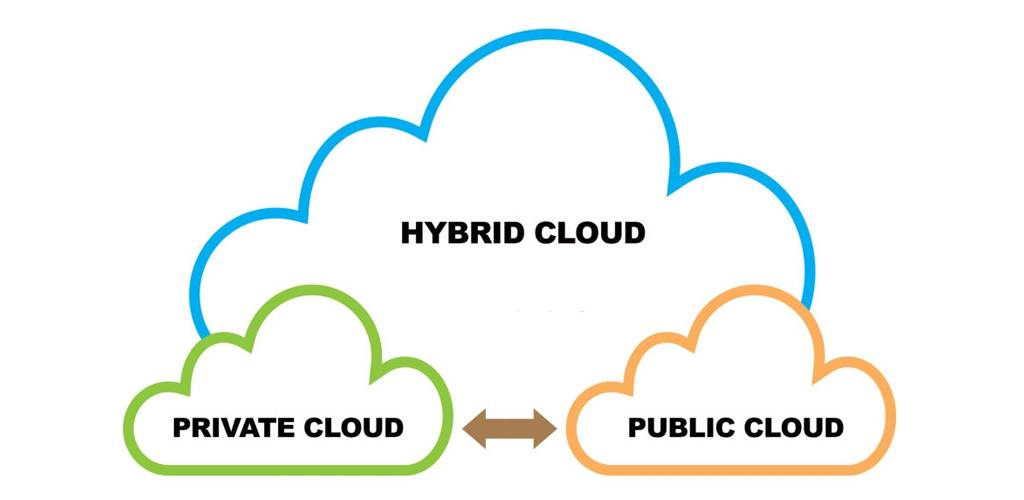Ready or not your business will inevitably be impacted by the cloud, the cloud is empowering business owners and executives to take the reins and control how and when they consume data.
While the debate over private versus public cloud continues to rage on, hybrid cloud computing is getting increasing attention from IT professionals, as the model enables users to leverage the benefits of both public and private clouds and helps organizations to find the balance between their IT infrastructure and public cloud service.
Hybrid cloud computing service is a cloud service that spans both private and public cloud implementations, or both on-premises private and off-premises private or public cloud implementations. A hybrid cloud service can, among other things, synchronize and/or replicate data between public and private clouds, and migrate services on a continuous basis between public and private clouds. – Gartner 2014

To get the inside track on why the hybrid cloud is such a fast-growing industry trend, Milind Govekar, managing vice president at Gartner, highlights five benefits that CIOs can expect when migrating to a hybrid cloud environment:
- Cloud computing can help with cost efficiency – Hybrid cloud computing can maximize cost-efficiency, particularly capital expenditure, through competition and automated arbitrage.” He says this may not happen as fluidly as in the financial market, but more so than when manually choosing one provider over another.
- Private cloud computing ensures isolation – Hybrid cloud computing enables an enterprise to balance isolation, cost and scaling requirements.
- Cloud computing can enable high availability and resiliency – Hybrid cloud computing can improve resiliency and disaster recovery by using multiple partners.
- Cloud computing can introduce new functionality quickly – Hybrid cloud computing makes it easier to introduce new functionality quickly and more flexibly.
- Cloud computing ensures a low barrier to entry – Hybrid cloud computing can help an enterprise build an exit strategy.
When choosing the right platform to run their business applications, enterprises should keep in mind factors such as performance, compliance, security, availability and costs of the selected infrastructure.
According to Undel Williams, CIO at Info Exchange, “One of the primary benefits of adopting a hybrid cloud approach is cloud interoperability, that is, the ability to move workloads/applications between various cloud environments easily. It helps IT teams to control their costs while still striking the balance between performance, security and management requirements.” Enterprise requirements to optimize their cloud operations and matching applications to the suitable cloud environment are the reasons that hybrid cloud usage is on the rise. Whilst some applications and data must stay in-house for many organizations, the hybrid cloud is increasingly growing in popularity as application mobility takes on greater importance in this era of cloud and digital transformation.
Flexibility to scale based on need is going to continue to drive cloud adoption. Info Exchange is your trusted technology partner and we’re ready to help you make the transition. Don’t be left behind, begin your digital evolution today – the Info Exchange Way.





